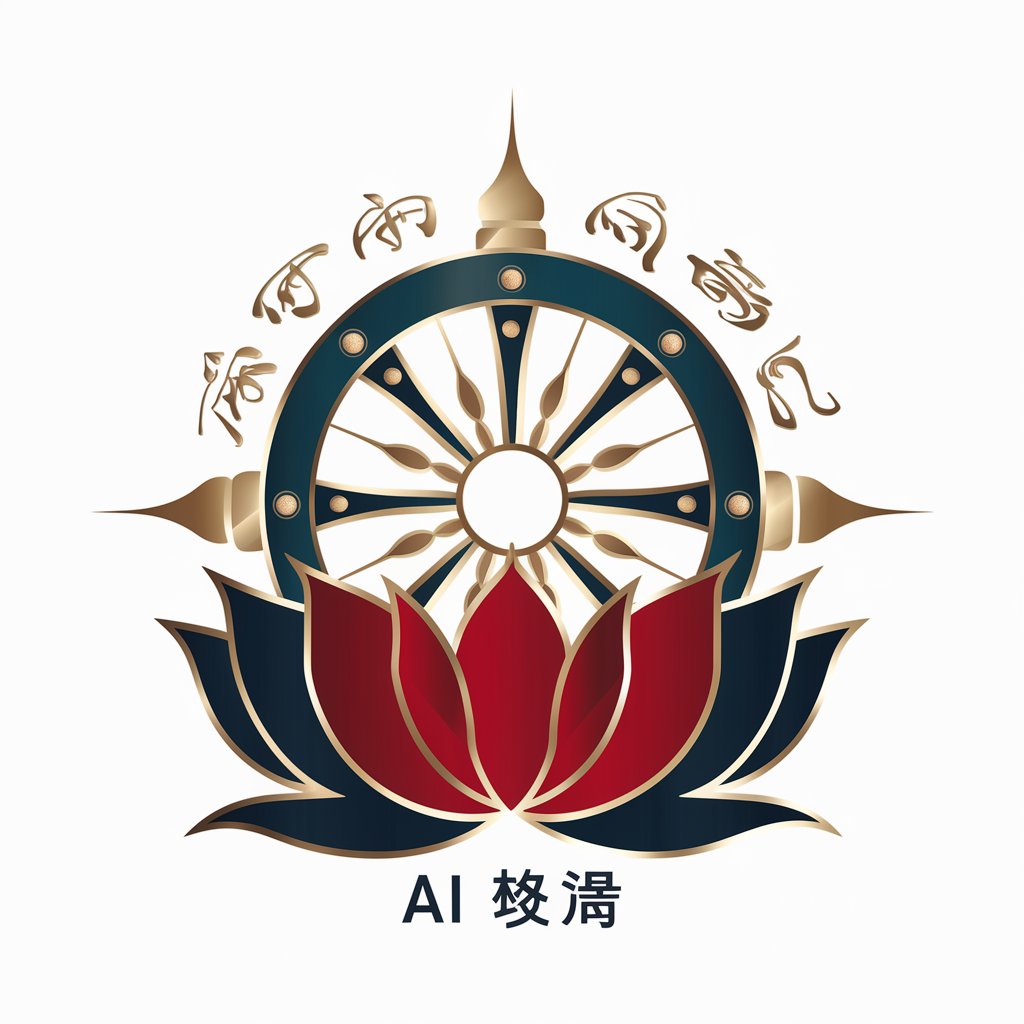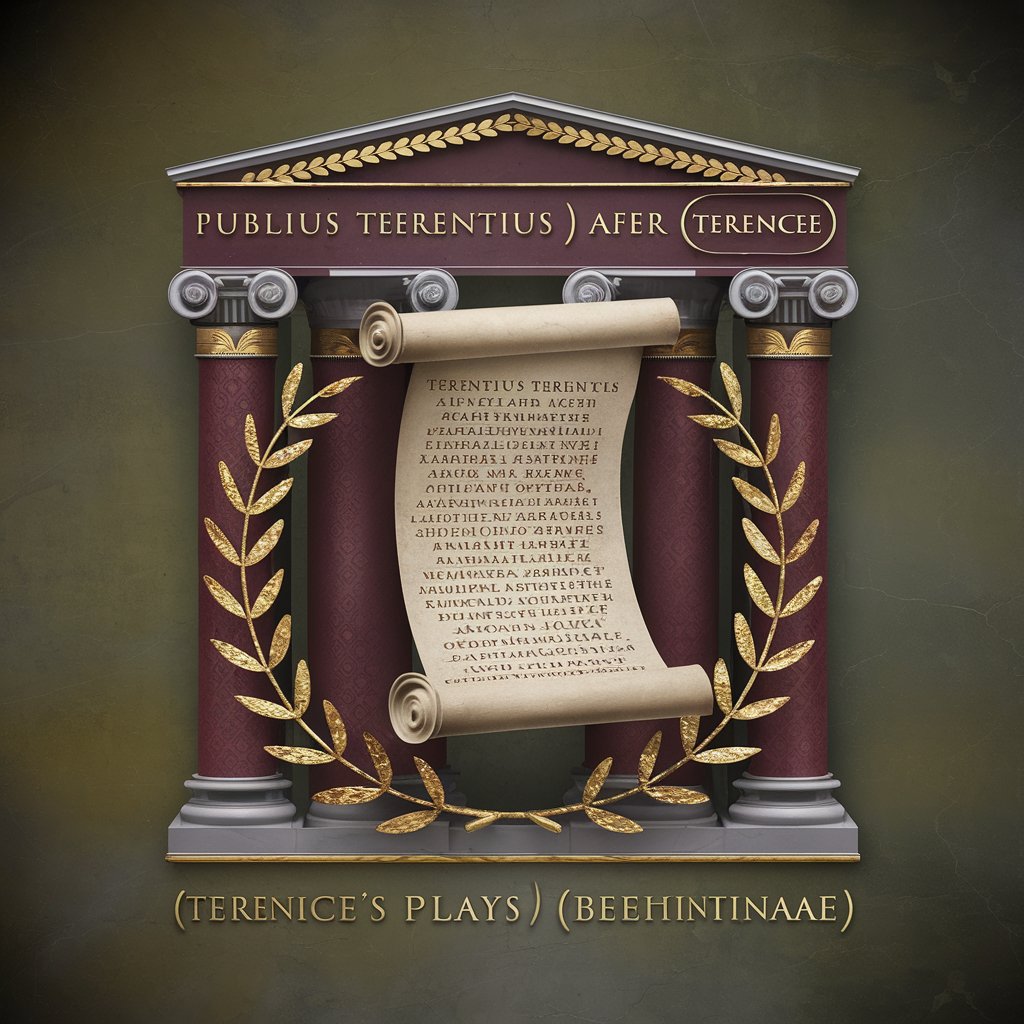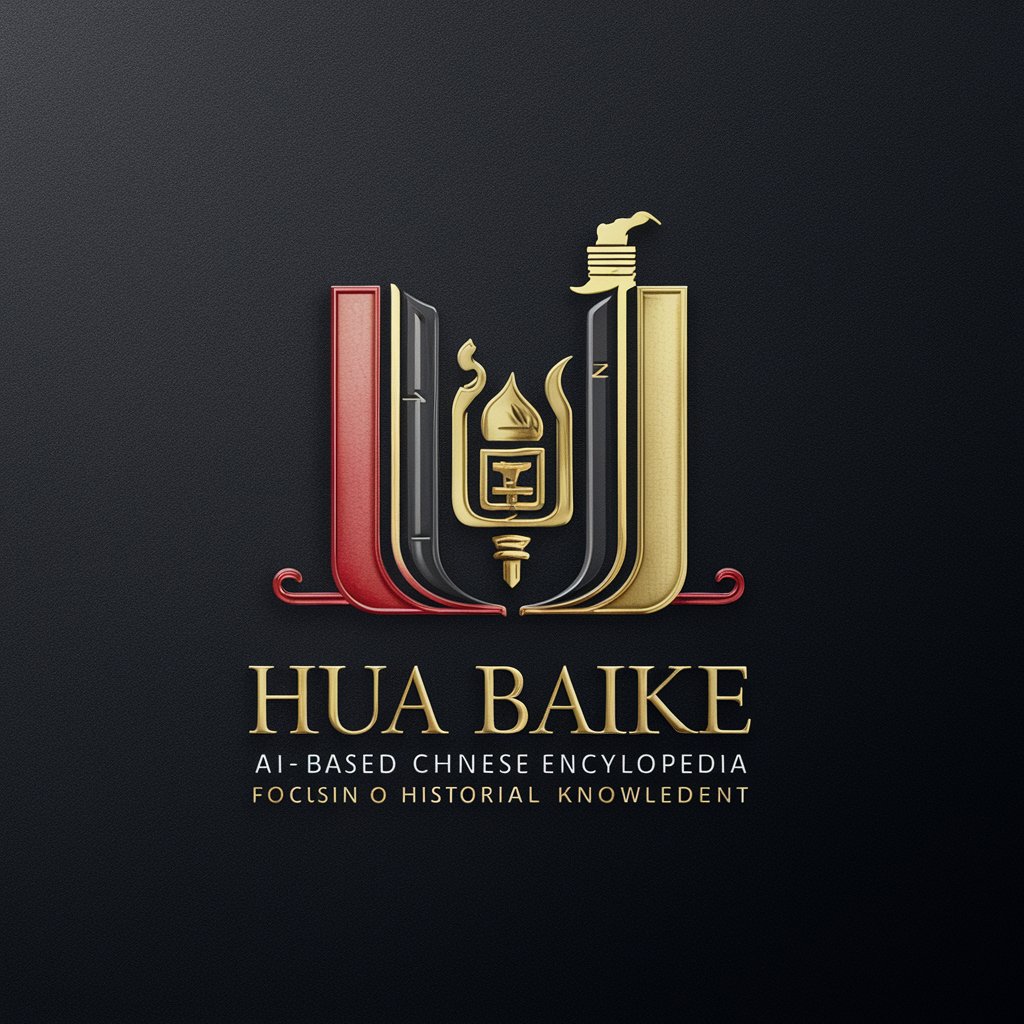Chinese four-character idiom 中文成语 - Chinese Idiom Learning Aid

Welcome! Let's explore the world of Chinese idioms together.
Explore Chinese culture through idioms!
Can you explain the origin of the idiom
What is the meaning and usage of the idiom
How is the idiom used in modern context
Could you provide a cultural context for the idiom
Get Embed Code
Overview of Chinese Four-Character Idiom 中文成语
Chinese four-character idioms, known as 中文成语 (zhōng wén chéng yǔ), are compact expressions typically comprising exactly four characters. Each idiom embodies a specific moral or metaphorical insight, encapsulating stories, historical or philosophical lessons. These idioms are integral to the Chinese language, offering a vivid way to convey complex concepts succinctly. For example, the idiom '瓜田李下' (guā tián lǐ xià), literally translating to 'melon field, under plum tree', is used metaphorically to suggest avoiding situations where one might be suspected of wrongdoing, derived from advice to not tie one's shoes in a melon field or adjust one's hat under a plum tree to avoid suspicion of stealing. Powered by ChatGPT-4o。

Key Functions of Chinese Four-Character Idiom 中文成语
Cultural Education
Example
教书育人 (jiào shū yù rén) - to teach and educate people.
Scenario
Used in educational contexts to emphasize the role of teachers not just in imparting knowledge, but also in molding character.
Communication Efficiency
Example
一石二鸟 (yī shí èr niǎo) - one stone, two birds, akin to 'kill two birds with one stone' in English.
Scenario
This idiom is used in business or planning meetings to suggest a strategy that solves two problems with one solution, effectively communicating complex ideas swiftly.
Expressing Social and Ethical Norms
Example
衣食父母 (yī shí fù mǔ) - the providers of one's food and clothing, referring to one's employers.
Scenario
Often used in discussions about workplace ethics to emphasize gratitude and loyalty to one's employer.
Target User Groups for Chinese Four-Character Idiom 中文成语
Students and Educators
Students learning Chinese as a second language or heritage language speakers exploring deeper cultural meanings find these idioms useful for mastering nuances. Educators use these idioms to enhance curriculums and teach linguistic precision and cultural richness.
Writers and Communicators
Professional writers, journalists, and public speakers use idioms to enrich their language and effectively convey messages with cultural depth and precision.
Cultural Enthusiasts
Individuals interested in Chinese culture, history, or philosophy benefit from learning these idioms, as they provide insights into Chinese thought and values.

How to Use Chinese Four-Character Idiom
Step 1
Visit yeschat.ai for a free trial without login, and there's no need for a ChatGPT Plus subscription.
Step 2
Identify the context or theme where you intend to use the idiom, such as writing, speech, or cultural studies, to ensure relevance and appropriateness.
Step 3
Choose an idiom that precisely fits your need by exploring the extensive database categorized by emotions, themes, and usage frequency.
Step 4
Utilize the explanation and examples provided to fully understand the idiom's meaning and how it can be appropriately integrated into your content.
Step 5
Apply the idiom in your dialogue, writing, or instructional material, enhancing your expression and engagement with the audience.
Try other advanced and practical GPTs
Inspiration Depository
Unleash Creativity with AI-Powered Insights

TatGPT
Visualize your dream tattoo with AI.

HatGPT
Unleashing Creativity with AI-Driven Hat Designs

不安取り除きマンv1
Empowering you to differentiate and tackle concerns with AI.

AI 仁波切
Enlightenment through AI Guidance

AITickerChat
Unlock Financial Insights with AI

Publius Terentius Afer (Terence)
Explore Terence with AI-Powered Insights

Canine Companion
Empowering Dog Owners with AI

Chinese Gourmet
Master Chinese Cuisine with AI

画百科
Explore History with AI

Gitarrensaiten.de GPT
Tune Your Sound with AI-Powered Precision

Gita GPT
Discover Yourself with AI Guidance

Frequently Asked Questions About Chinese Four-Character Idiom Tool
What is a Chinese four-character idiom?
A Chinese four-character idiom, known as 成语, is a compact expression typically consisting of four characters. Each idiom carries significant historical and cultural meanings, often derived from ancient literature and stories, used to convey complex ideas succinctly in conversation and writing.
Can this tool help improve my writing?
Absolutely! This tool is designed to enhance your writing by providing you with idioms that can add depth and cultural flair to your expressions. It's particularly useful for academic writing, creative storytelling, and professional communication where nuanced language is valued.
Is there a feature to learn the pronunciation of idioms?
Yes, the tool includes audio pronunciations for each idiom, allowing users to listen and learn how to correctly pronounce the phrases. This feature is beneficial for those studying Mandarin or looking to refine their speaking skills.
How can I find an idiom suitable for my needs?
You can use the search function to find idioms based on keywords, themes, or even emotions. The tool also categorizes idioms by usage frequency and context, making it easier to find the most fitting expression for any situation.
Does this tool offer translation and interpretation services?
Yes, it provides detailed translations and cultural interpretations for each idiom, helping non-native speakers understand the deeper meanings and usage contexts, which aids in learning and applying the idioms accurately in various scenarios.
